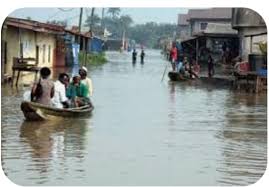UN warns floods may unleash toxic chemicals, pose risk to elderly and ecosystems
By Usman Aliyu
The United Nations Environment Programme (UNEP) has warned that rising floodwaters, driven by climate change, may remobilise dangerous chemicals long buried in the earth.
The warning is contained in its newly released Frontiers 2025 report, titled “The Weight of Time – Facing a New Age of Challenges for People and Ecosystems”.
UNEP stated that the increasing frequency and severity of floods could pose serious risks to human health and ecosystems, particularly for vulnerable populations such as the elderly.
The agency highlighted the growing threat of extreme flooding unearthing hazardous chemicals that were banned decades ago.
it said these substances, stored in sediments over time, could be released back into urban environments or food systems when floodwaters disturb contaminated soils and debris.
“As floodwaters stir up sediment and debris, toxic chemicals may be released and re-enter urban areas or food systems,” the report stated, calling for stronger flood management and pollution monitoring systems.
Its recommended strategies included traditional flood control methods like polders and retention basins, nature-based solutions such as sponge cities, improved drainage, and regular testing for pollutants.
The report comes as communities across the globe from Nigeria, China and India to the U.S. and Europe, are reeling from a combination of deadly floods and heat waves, both of which are being intensified by global warming.
The report noted that heat-related deaths among people aged 65 and older had surged by 85 per cent since the 1990s, with additional threats coming from poor air quality and flood-prone areas where many elderly people reside.
To address these escalating dangers, UNEP urged the redesign of urban spaces to be more resilient, green, and inclusive.
These include “better urban planning, community-based disaster risk management, and improved access to climate information for older populations.”
The report also highlighted how melting glaciers, a driver of rising sea levels and floods, might awaken dormant fungi, bacteria, and viruses, increasing the threat of antimicrobial resistance.
He said this, coupled with the weakening of ageing dams, posed added pressure on communities living downstream.
UNEP Executive Director, Inger Andersen said, “heat waves were among the most frequent and deadly impacts of climate change, along with floods and shrinking ice cover.
“We must be prepared for the risks these impacts pose, especially for society’s most vulnerable, including older persons.
“Older persons, particularly those with limited mobility or pre-existing health conditions, are at high risk from both extreme heat and flood-related hazards.”
The News Agency of Nigeria (NAN) reports that Frontiers 2025 Report is the 7th in UNEP’s Foresight Trajectory initiative, which identifies emerging environmental challenges and proposes proactive solutions.
Its previous editions accurately anticipated global issues such as the rise of zoonotic diseases years before the COVID-19 pandemic. (NAN)(www.nannews.ng)
Edited by Kevin Okunzuwa





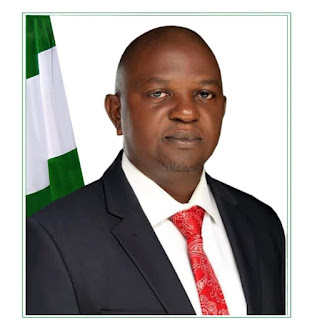
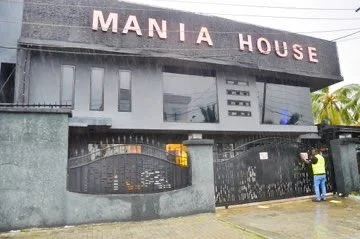
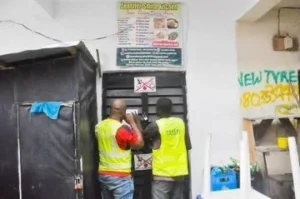

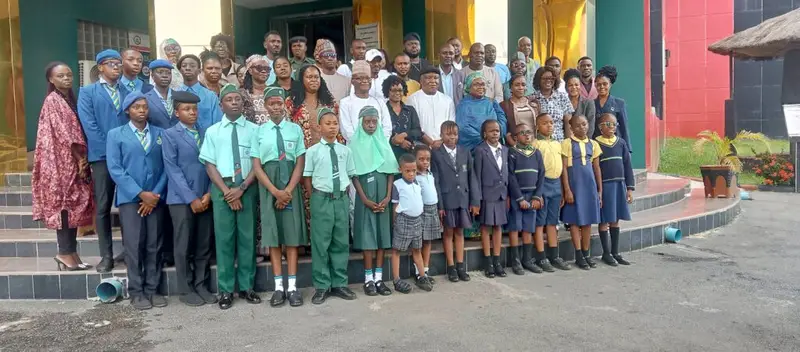
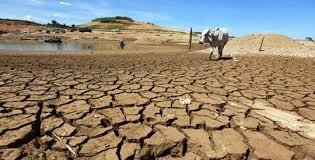
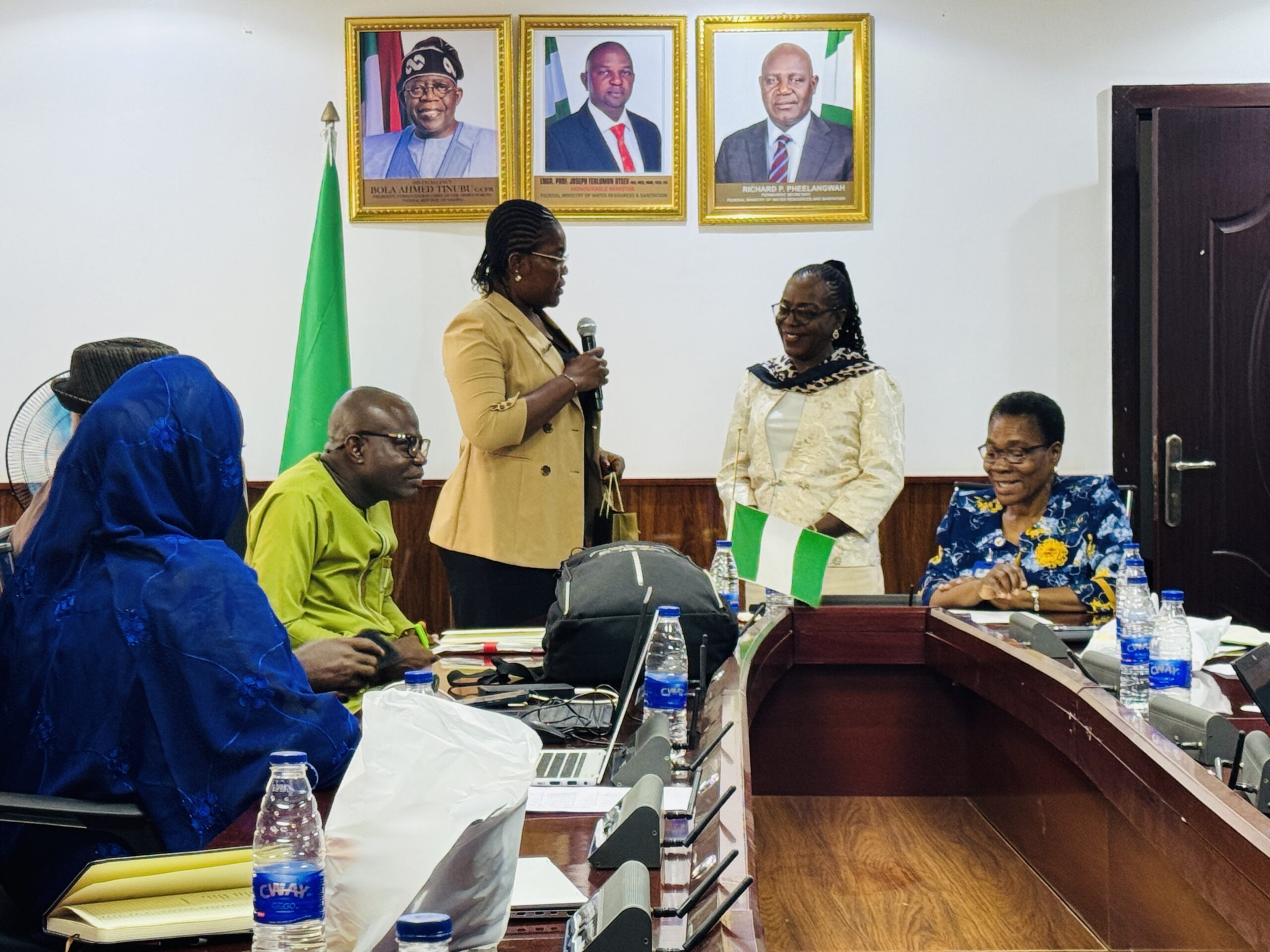
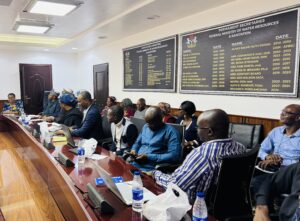 Presenting findings from a national water quality assessment, Mr Babalola Emmanuel, Chief Scientific Officer at the ministry, revealed high levels of contamination across several states.
Presenting findings from a national water quality assessment, Mr Babalola Emmanuel, Chief Scientific Officer at the ministry, revealed high levels of contamination across several states.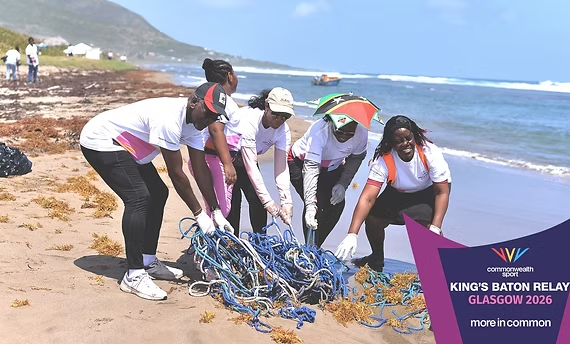
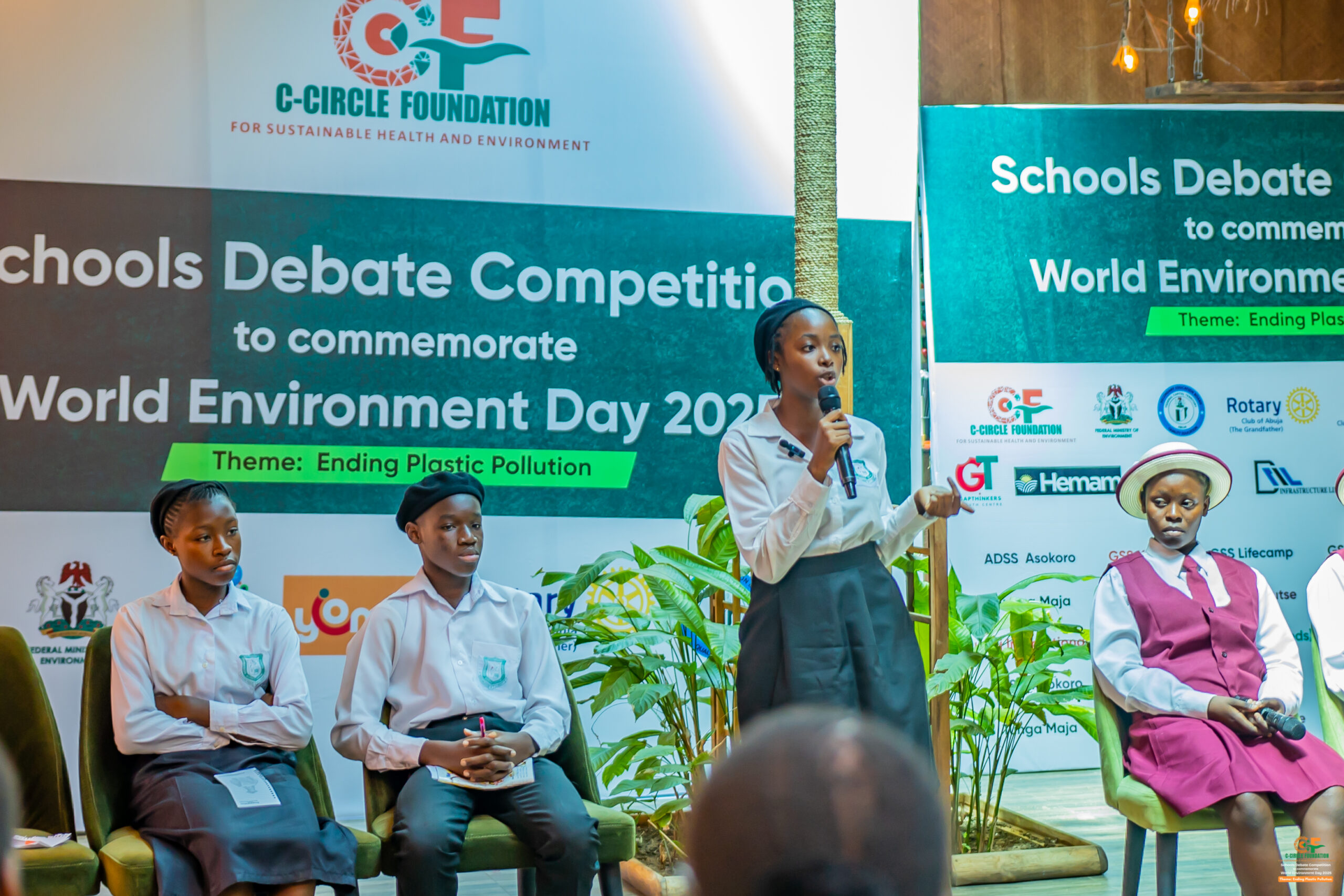
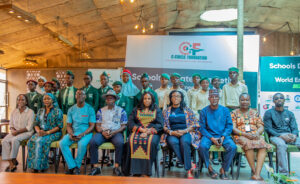 In Abuja, the debate was held on June 4, with support from the Rotary Club of Abuja (The Grandfathers Club) and the Rotary Club of Abuja, Wuse II, GenU by UNICEF and others.
In Abuja, the debate was held on June 4, with support from the Rotary Club of Abuja (The Grandfathers Club) and the Rotary Club of Abuja, Wuse II, GenU by UNICEF and others. She called on development partners, the private sector, government agencies, and philanthropic foundations to support the initiative to expand its reach and deepen its impact.
She called on development partners, the private sector, government agencies, and philanthropic foundations to support the initiative to expand its reach and deepen its impact.